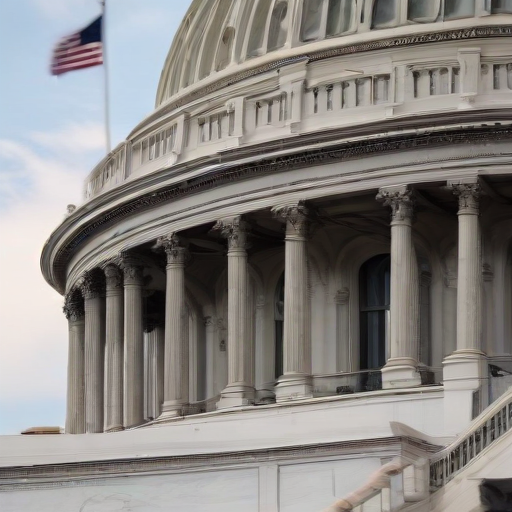Republicans have solidified their leadership teams for the upcoming Congress, marking a significant transition within the Senate while maintaining stability in the House. South Dakota Senator John Thune has been elected as the Senate’s new majority leader, taking over the position from Kentucky’s Mitch McConnell, who has opted to retire from leadership roles. This marks the first change in the top GOP Senate position since 2007.
Thune, who triumphed over Senators John Cornyn of Texas and Rick Scott of Florida in a secret ballot, expressed enthusiasm about the party’s plans to work closely with House colleagues to promote President Donald Trump’s agenda. During a press conference, Thune emphasized the Republican focus on border security, deregulation, and energy policy as crucial priorities for the new Congress. He committed to fostering collaboration within the party to achieve their ambitious goals.
The Senate also welcomed a new group of GOP leaders, including Wyoming’s John Barrasso as assistant majority leader, Tom Cotton of Arkansas as conference chair, and Shelley Moore Capito from West Virginia as chair of the Republican Policy Committee. Other leadership positions were filled with support from their peers, indicating a strong internal consensus.
Ahead of the elections, former President Trump urged the next Senate Republican leader to consider recessing the chamber early next year to facilitate his appointments without the standard confirmation process. Thune stated the Senate plans to prioritize vetting and confirming Trump’s nominees expediently while remaining open to collaboration with Democrats.
Thune’s leadership journey has been characterized by his commitment to building trust among his colleagues, as noted by fellow South Dakota Senator Mike Rounds. Thune’s history of bipartisanship, while he will need to adjust his approach in light of the Republican Party’s new control, shows his understanding of Senate dynamics and the importance of fostering cooperation.
In the House, Rep. Mike Johnson of Louisiana has secured the party’s nomination for speaker once again, pending a floor vote in January. Other leadership roles have seen incumbents reelected, with a renewed focus on executing legislative agendas rapidly upon the new Congress’s start. Although challenges may arise due to tight margins, House leaders remain optimistic about the potential for unity and effective governance.
Overall, this leadership reshuffle signifies a strategic pivot for Republicans as they prepare to wield significant influence over legislative decisions while aiming to address pressing issues facing the nation.
As the new Congress approaches, there is a hopeful outlook that this renewed leadership can guide the party in effectively delivering on their promises to the American people.
